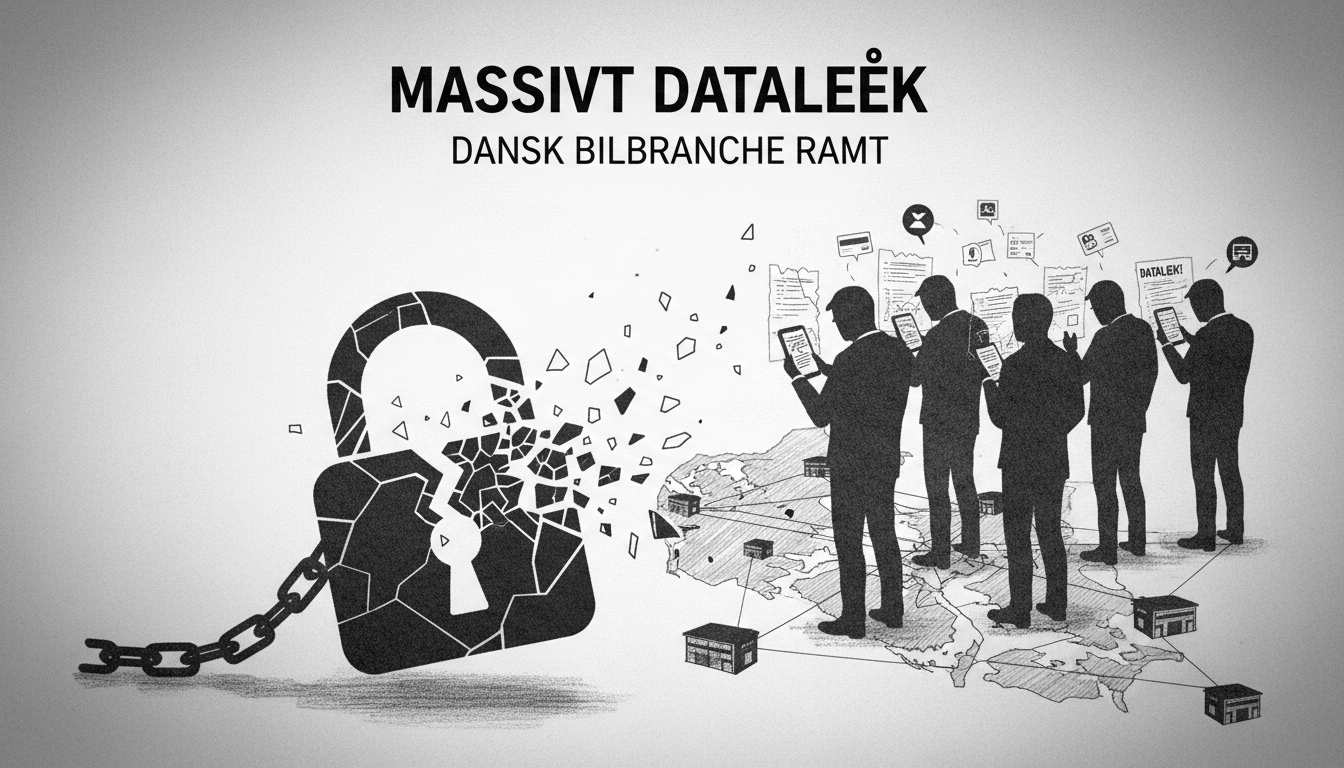A severe hacking attack struck numerous Danish car dealerships on Sunday, November 9. The incident has now triggered hundreds of data breach reports to Denmark's Data Protection Authority. The attack targeted DocuBizz, a software company serving many automotive retailers. This means the breach affected not individual dealerships but the central system handling automated purchasing and invoice management. All company clients faced potential exposure.
The extensive breach compromised sensitive customer information. Affected data includes personal identification numbers, contact details, bank account information, driver's license records, and vehicle license plates. Authorities have launched investigations, but the perpetrators remain unidentified. Police and data protection officials continue examining the cyberattack's origins.
DocuBizz detected the incident on Sunday morning and immediately shut down all systems. Company operations chief Claus Carstensen confirmed they notified customers by 4:24 PM that same day. The company has maintained regular communication with clients and partners since the discovery. Updates cover both technical developments and GDPR compliance requirements.
Denmark's automotive industry association confirms most major car dealerships use the affected software solution. Prominent dealer group Nic. Christiansen Gruppen represents one of the potentially compromised businesses. The scale suggests thousands of Danish consumers might face privacy risks.
This incident highlights growing cybersecurity challenges in Scandinavia's automotive sector. Denmark maintains strict data protection laws following EU GDPR standards. Previous Nordic data breaches have resulted in substantial fines for companies failing to secure customer information adequately. The current breach could test Denmark's enforcement capabilities.
International readers should note this affects foreign customers of Danish car dealerships too. The breach demonstrates how centralized software systems create single points of failure across industries. Data protection authorities will likely increase scrutiny on third-party service providers following this incident.
What comes next for affected customers? They should monitor financial accounts and consider credit monitoring services. The breach involves precisely the type of information identity thieves typically exploit. Danish authorities will determine whether proper security protocols were maintained before the attack.
The automotive industry's digital transformation brings efficiency but also vulnerability. This breach shows even routine business operations like invoice processing can become major security risks when centralized. Other Nordic countries will likely examine their own automotive sector cybersecurity following this Danish incident.

